Vietnam’s newly appointed General Secretary and President, To Lam, visited China from August 18 to 20 at the invitation of Xi Jinping. (Video screenshot)
[People News] After the Trump administration in the U.S. raised tariffs to 145%, and China retaliated with tariffs up to 125%, most trade between the U.S. and China came to a standstill. Ports within mainland China were no longer bustling, and many enterprises were filled with complaints. While gritting its teeth and vowing to "fight to the end," the Chinese Communist Party (CCP), after consciously abandoning Xi Jinping’s approach to major-power diplomacy, elevated its relations with neighboring countries to a top priority.
On April 8, the CCP convened the Central Conference on Peripheral Diplomacy. Shortly thereafter, Xi Jinping was scheduled to visit Vietnam, Malaysia, and Cambodia in mid-April—three Southeast Asian countries. Notably, Vietnam and Cambodia, which were also hit with high tariffs by the Trump administration, have already submitted to the U.S.; Vietnam even proposed zero tariffs. However, one of the conditions for reduced tariffs by the Trump administration was to increase tariffs on Chinese products and restrict Chinese transshipment trade. Xi’s visit to Vietnam will inevitably address tariff issues. Between the two major powers, China and the U.S., which side will Vietnam choose? Will it fall into China’s orbit?
After the CCP officially announced Xi’s travel itinerary on April 11, Chinese and Vietnamese media both began to build momentum for the visit. Xinhua News Agency published an article highly praising the significance of the visit and revealed its purpose: to "steer the course, solidify the foundation of cooperation," and to promote the construction of "a peaceful, harmonious, prosperous, developing, and closely bonded Asian family."
When discussing China–Vietnam relations, the article once again emphasized the "comrades plus brothers" bond, along with bilateral political and economic cooperation. It mentioned Xi’s visit to Vietnam at the end of 2023 and noted that Vietnamese Communist Party (VCP) General Secretary To Lam would visit China in August 2024. It is noteworthy that the Chinese media only mentioned a meeting between To Lam and Xi, whereas the Vietnamese media did not specifically highlight such a meeting.
Moreover, at a regular press conference on April 12, a spokesperson for the Chinese Foreign Ministry said Xi would meet with To Lam, Vietnamese President Vo Van Thuong, Prime Minister Pham Minh Chinh, and National Assembly Chairman Tran Thanh Man. The spokesperson also emphasized that this was Xi’s first overseas visit in 2024 and declared it of "great significance." In a notable departure from previous rhetoric, the spokesperson said that "neighboring countries are the top priority of China’s diplomacy, and China and Southeast Asia are good neighbors, good friends, and good partners who share a common destiny." Interestingly, while the spokesperson referred to Xi’s visit to Vietnam at the end of 2023, they did not mention To Lam’s visit to China or any meeting with Xi, only vaguely stating that "since last year, Xi Jinping and To Lam have maintained strategic communication."
At the same time, the Vietnam News Agency published an interview with Vietnamese Deputy Prime Minister and Foreign Minister Bui Thanh Son. He stated that since the two countries established a comprehensive strategic partnership in 2008—especially in recent years, with high-level mutual visits between the two parties and governments—bilateral relations have developed strongly in four main areas: strengthened political trust; increased economic, trade, and investment cooperation; boosted people-to-people, cultural, and tourism exchanges; and successful management of differences, maintaining peace and stability in the South China Sea. Clearly, the CCP made no mention of the last point regarding differences over the South China Sea.
When Bui Thanh Son spoke about political trust, he mentioned the late General Secretary Nguyen Phu Trong’s visit to China in 2022 and Xi Jinping’s visit to Vietnam at the end of 2023. But when referring to To Lam’s planned state visit to China in August 2024, he used the phrasing: "Leaders of the two parties and two countries continue to emphasize that developing bilateral relations is the top priority in the foreign and neighborhood policies of both countries. They agreed to further strengthen the comprehensive strategic partnership..."
In Vietnamese media, "senior leaders" usually refers to more than one leader, at least two. In the past, the Vietnam News Agency has even used phrases like "the two General Secretaries and senior leaders."
So why did Bui Thanh Son and the Vietnam News Agency use such phrasing? Why did the Chinese Foreign Ministry also obscure the meeting between To Lam and Xi? The most likely reason is that the Vietnamese Communist Party may already be aware of the inside story—namely, that Xi Jinping has lost significant power behind the scenes.
In July of last year, following reports of Xi Jinping's serious illness from the Third Plenary Session, the Vietnamese government announced the death of Nguyen Phu Trong on July 19. Curiously, on that same day, neither Xi Jinping nor Premier Li Qiang nor National People's Congress Chairman Zhao Leji sent condolences to Vietnam; they only issued a condolence message in the name of the Central Committee of the Communist Party of China. This represents a significant breach of diplomatic protocol. Vietnam is one of the few countries in the world, alongside the Chinese Communist Party, that is governed by a communist party. The absence of a condolence message from the General Secretary of the Communist Party of China and government leaders upon the death of its party leader is both illogical and unusual, marking a notable deviation from established norms.
Recognizing the gravity of the situation, Xi visited the Vietnamese embassy in China the following day to pay his respects. However, the photos and videos released by both the Communist Party of China and Vietnam raise suspicions of possible forgery. To prevent misunderstandings, senior officials in Zhongnanhai discreetly informed the Vietnamese Communist Party about Xi's illness, which led to their cooperation.
Later, in mid-October, Li Qiang made a high-profile visit to Vietnam. Reports from the Vietnam News Agency suggest that Li Qiang was not merely acting as Premier; he also finalized comprehensive cooperation agreements and directions with the top leader of the Vietnamese Communist Party, including collaboration on maritime issues. The Vietnam News Agency's coverage of the simultaneous visit to Beijing by Politburo member Le Quang and his meeting with Xi Jinping was understated and lacked emphasis; notably, the report titled 'Vietnamese Communist Party Delegation Conducts Work Visit to China' did not mention Xi's name at all. It is speculated that during this meeting, Li Qiang likely briefed Vietnam on the changes in the senior leadership of Zhongnanhai and who is currently in control of the political landscape.
In late October of that year, Zhang Youxia, Vice Chairman of the Central Military Commission of the Communist Party of China, visited Vietnam and received a high-level reception similar to that of Li Qiang, which is quite rare. During discussions, Zhang Youxia notably refrained from mentioning the name of the Communist Party leader, and his tone was strikingly different. Representing the Chinese side, he stated, 'We always cherish the traditional friendship between the two parties, two countries, and two militaries,' which hinted at unusual information.
Vietnam’s emphasis on the visits of Li Qiang and Zhang Youxia precisely confirms that the Vietnamese Communist Party (VCP) is indeed aware of the secret changes in the Chinese Communist Party’s top leadership. This also helps explain why, when Bui Thanh Son spoke about To Lam’s visit to China, he emphasized "high-level leaders" rather than referring specifically to General Secretary Xi.
As a fellow communist regime sharing the same ideological foundation, even though the VCP has learned about the CCP's top-level secrets, it is still willing to cooperate and play along before any official announcement from Beijing. The high-profile welcome given to Xi’s visit is one such example.
Bui Thanh Son further revealed that Vietnam hopes to achieve positive outcomes in four key areas: Strengthening strategic communication at the highest levels; Expanding cooperation across various sectors; Enhancing cultural and people-to-people exchanges; And notably, the fourth point — to "handle historical issues such as border and territorial disputes properly through communication in the spirit of openness, sincerity, pragmatism, mutual understanding, and empathy. Based on high-level consensus, better manage and resolve maritime disputes to prevent these issues from affecting the overall healthy development of bilateral relations between the two parties and the two countries."
In the author's view, statements like 'avoiding maritime issues from affecting the healthy development of relations between the two parties and two countries' have not previously appeared in official reports. This suggests that the Communist Party of Vietnam (CPV) recognizes its current advantageous position in negotiations. Consequently, during Xi Jinping's visit to Vietnam, he must offer terms that satisfy the Vietnamese side, particularly regarding the South China Sea issue; otherwise, the CPV may not be inclined to meet the Chinese Communist Party's (CCP) expectations on matters such as tariffs. Nevertheless, the CPV is just a pawn in Trump's strategic game; if the CPV engages in covert negotiations with the CCP and Trump retaliates strongly, can Vietnam handle the repercussions?
(Originally published in People News)

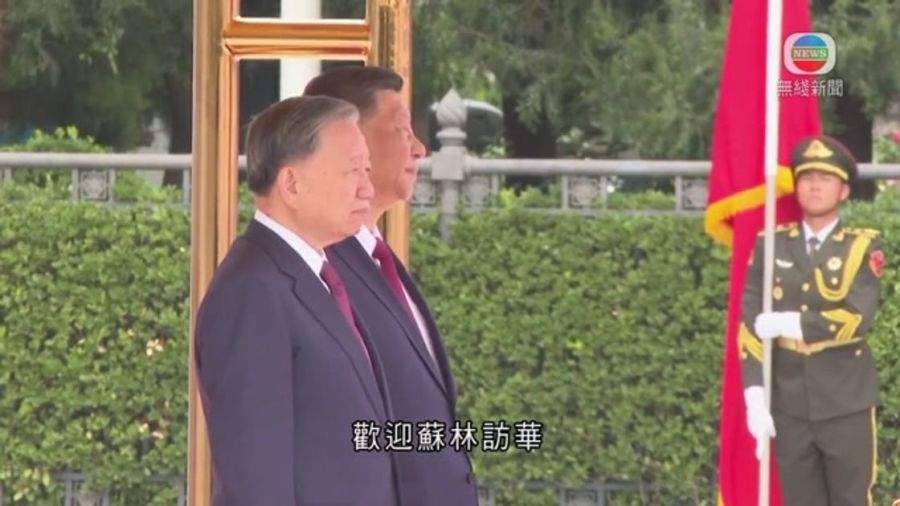
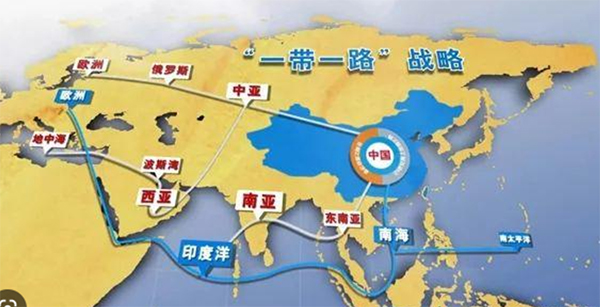
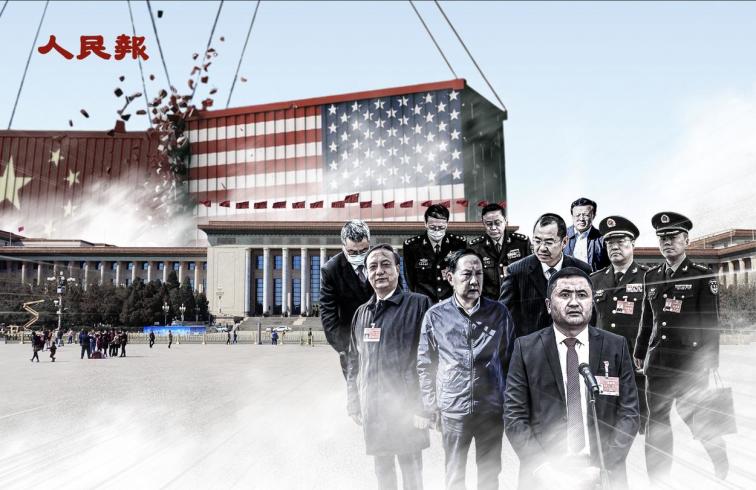
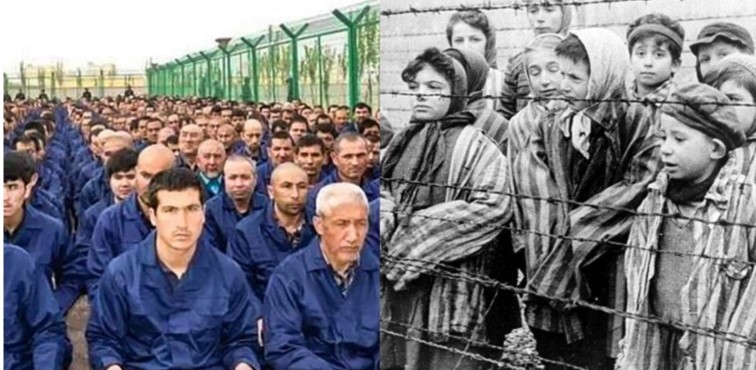

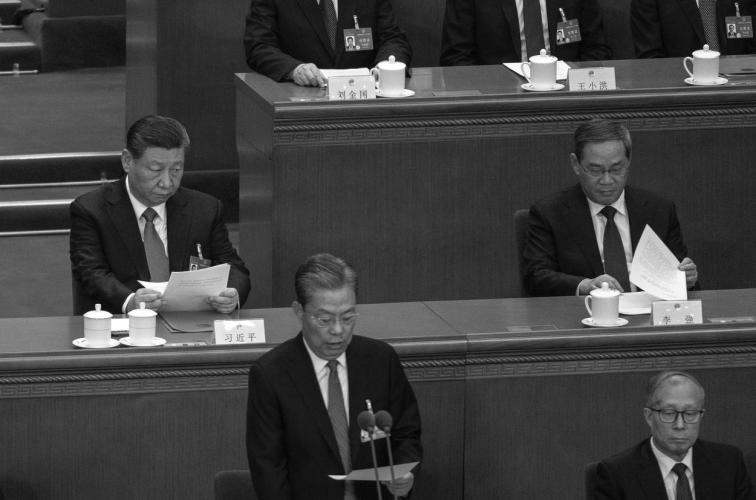
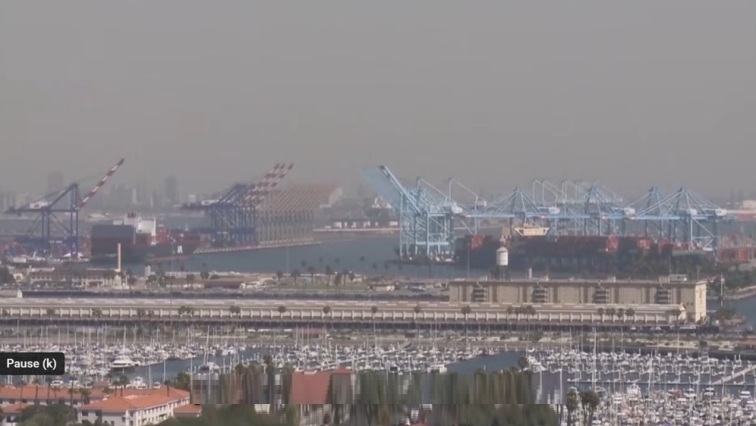
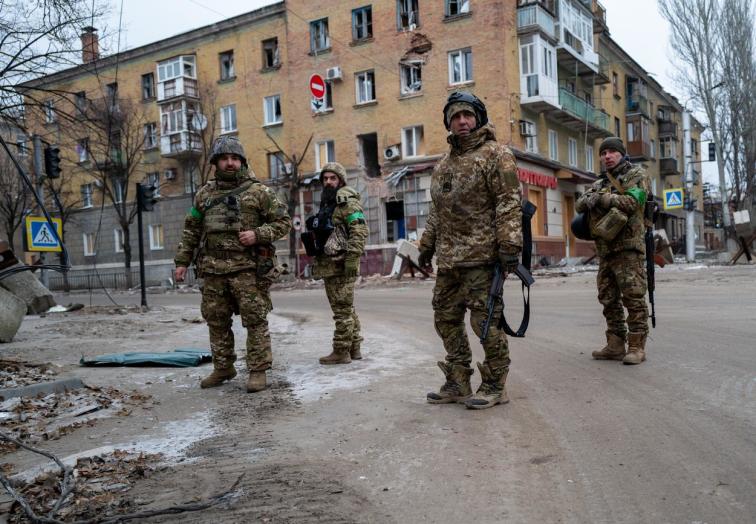


News magazine bootstrap themes!
I like this themes, fast loading and look profesional
Thank you Carlos!
You're welcome!
Please support me with give positive rating!
Yes Sure!